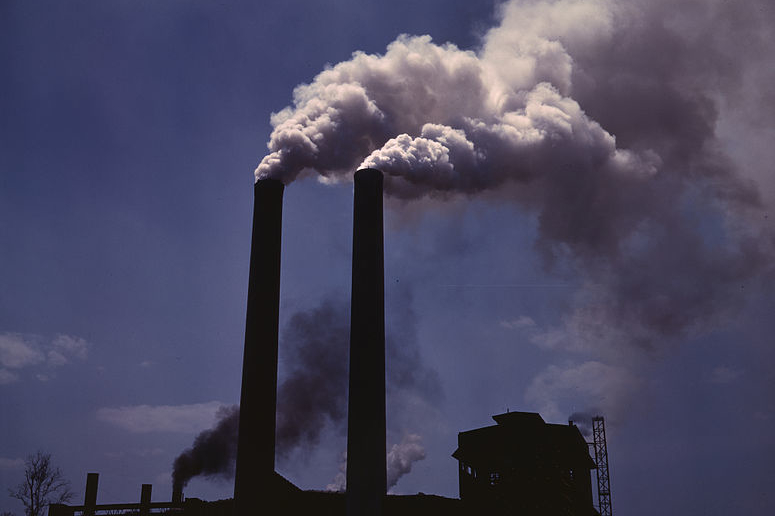Sponsored Content
Earth Overshoot Day: World has Already Used Up Resources
The Earth's natural resources for this year will have been depleted by tomorrow. By tomorrow, ecosystems would need about a year to replenish their resources. According to the Global Footprint Network, which is based in the United States and Switzerland, Earth Overshoot Day is slightly earlier this year than last.
 The exploitation of the Earth's finite resources is dangerous for the future of humanity and only further fuels the climate crisis. / Picture: © Wikimedia Commons / Alfred T. Palmer / Public Domain
The exploitation of the Earth's finite resources is dangerous for the future of humanity and only further fuels the climate crisis. / Picture: © Wikimedia Commons / Alfred T. Palmer / Public Domain
All natural resources of the earth and the CO2 budget are used up starting from tomorrow for this year. With this date, the day of global resource depletion moves forward again by two days and lands on the earliest calculated day of the year so far.
The use of fossil fuels such as oil, natural gas or coal must be drastically reduced, especially in the rich countries of Europe…
or Log In
Fast News Search





